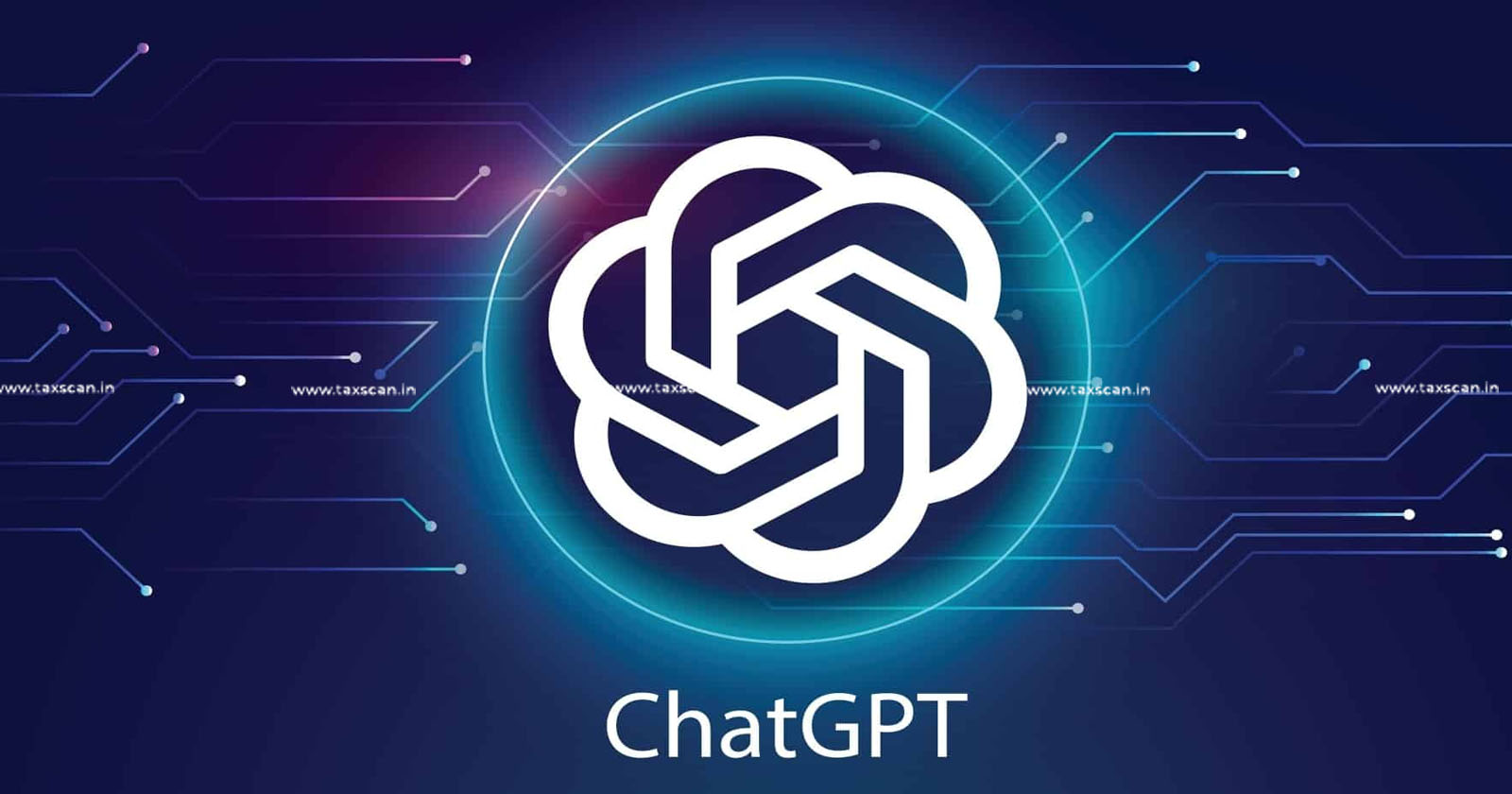How to Expand Practice Areas: Practical Roadmap for CAs
By focusing on areas like forensic accounting, IT laws, and virtual CFO services, and addressing challenges through ICAI support and continuous learning, CAs can build thriving practices

Chartered Accountants (CAs) have a wide range of opportunities to expand their practice beyond traditional areas like auditing and taxation. This involves identifying high-demand fields and aligning them with your skills and market needs.
Research suggests focusing on both tax-related areas (e.g., GST, international taxation) and non-tax areas (e.g., forensic accounting, corporate governance) can be effective. This Article helps to expand practice areas for CAs.
Identifying New Practice Areas
CAs can diversify their services by specializing in a range of areas, categorized into tax-related and non-tax-related fields. The ICAI's "Roadmap for Young Practitioners" (accessed July 2025) lists the following:
I. Tax-Related Areas:
Direct Taxes: Compliance, planning, and international taxation.
Indirect Taxes: Excise, customs, VAT, and GST.
FEMA: ECB, FDI, and outbound investments.
Foreign Trade Policies.
II. Non-Tax-Related Areas:
Corporate Financing, Labour Law Compliance, Turnaround Strategies, Internal Controls/SOX, Systems Audit, Software Development Support, Family Business Management, IPO Preparation, Financial Due Diligence, ESOP/Payroll Services, Strategy Mapping, Arbitration, Mergers & Acquisitions (M&A), Forensic Accounting, Carbon Credits, XBRL, Business Valuation, Corporate Governance, KPOs, Shared CFO Services, IFRS/IND-AS.
New Practice Area | Description |
Business Set up Consultants | Help entrepreneurs with setup and expansion, requiring industry and regulatory knowledge. |
Payroll Accounting & Compliances | Serve SMEs without in-house HR, covering TDS, PF, ESI, PT, and retirement laws. |
Valuation | Lucrative with less competition, requires a certified valuer degree. |
Forensic Audit and Fraud Detection | Addressing money laundering, requires certification and expert collaboration. |
Loan Syndication | Assist with funding, build bank relationships, understand loan products. |
Subsidy Facilitation | Advise on government subsidies, study schemes and procedures. |
Virtual CFO (Retainership Services) | Act as CFO for small businesses unable to afford full-time CFO. |
RERA Consultant | Practice in real estate regulation requires state RERA act knowledge. |
Consolidation of Accounts | Handle IFRS and IND AS complexities, consider certification. |
Others | Includes Trade mark consultancy, Liquidation, International Taxation, Transfer pricing. |
Identifying new practice areas also includes Non-Conventional areas. The below list illustrates some of the Non-conventional areas.
No. | Non-Conventional Area | Description |
1 | Labour and Employment Law Compliance | Covers rights, obligations, audits, policy drafting (e.g., maternity benefits). |
2 | Contracts | Drafting/negotiating agreements like joint ventures, vendor agreements. |
3 | Government Tenders | Assist with bidding processes, regulations for SMEs. |
4 | Due Diligence | Financial, tax, legal due diligence for M&A, investments. |
5 | IT Laws and Compliance | Data protection, e-waste, e-commerce, cyber law. |
6 | Intellectual Property | Valuation, licensing, filing trademarks/copyrights. |
7 | Corporate Governance | Designing codes, risk management, policies, term sheet negotiation. |
8 | SEZ Laws | Unique rules for Special Economic Zones, over 500 announced as of Dec 2017. |
9 | CSR (Corporate Social Responsibility) | Auditing, coordinating projects, mandated 2% profit for charity. |
10 | FDI (Foreign Direct Investment) | Advising on regulations, documentation for foreign investments. |
11 | ECB (External Commercial Borrowing) | Loans from non-residents, RBI compliances, project viability reports. |
12 | M&A (Mergers and Acquisition) | High-stakes deals, strategic advisory for corporate transactions. |
Practical Steps for Expansion
To effectively expand practice areas, CAs can follow these steps, informed by the ICAI roadmap:
- Research and Identify Booming Fields:
- Use ICAI journals, online resources, and market trends to identify high-demand areas. For example, GST and international taxation are growing due to globalization.
- Attend seminars and e-learning courses to stay updated, as suggested by the ICAI roadmap.
 Also Read:Chartered Accountant uses ChatGPT to clear CA Inter & Final Exams with Exemption: Calls on Professionals to Leverage AI
Also Read:Chartered Accountant uses ChatGPT to clear CA Inter & Final Exams with Exemption: Calls on Professionals to Leverage AI
- Gain Knowledge and Expertise:
- Pursue certifications for specialized areas. For instance, valuation requires a certified valuer degree, and forensic accounting may need additional training.
- Leverage articleship knowledge as a foundation, and consider working in Big 4 firms or with experienced practitioners for 1-2 years to build practical skills.
- Enroll in online courses for non-conventional areas like labor law, IT laws, and corporate governance, available on platforms like LawSikho and NUJS.
- Network and Build Relationships:
- Seek mentorship from Tier-I CAs or freelancers with experience in your target area.
- Participate in ICAI-organized events, seminars, and workshops to connect with peers and experts.
- Engage with online communities like CA Club India or LinkedIn groups for CAs to share insights and opportunities.
- Start Small and Scale Up:
- Begin by offering new services to existing clients to minimize risk and build credibility.
- Consider sharing fees initially with experienced practitioners to gain exposure, as suggested by the ICAI roadmap.
- Target Tier-II cities for expansion, where competition is lower, and there is a growing need for specialized services, especially in areas like payroll and RERA consulting.
- Leverage Technology for Efficiency:
- Use licensed software and database management systems for organizing files and correspondence, as outlined in the ICAI roadmap.
- Implement data analytics tools for audits to analyze large datasets, detect fraud, and provide insights, enhancing service quality.
- Automate backups and use E-library software for managing reference materials, ensuring operational efficiency.
- Market Your Services Ethically:
- Highlight your specialization and unique value proposition to attract clients, ensuring compliance with the ICAI Code of Ethics.
- Address client fee resistance by educating them on the benefits of your new services, such as cost savings through virtual CFO services or compliance support.
- Stay Updated and Adapt:
- Continuously update your knowledge with the latest laws, regulations, and market trends, using websites, CDs, and ICAI resources.
- Be prepared to adapt to changes, such as new taxation policies or technological advancements like blockchain, which are reshaping CA practices.
Conclusion
Expanding practice areas for CAs involves a strategic approach of identifying high-demand fields, gaining specialized knowledge, and leveraging networks and technology. By focusing on areas like forensic accounting, IT laws, and virtual CFO services, and addressing challenges through ICAI support and continuous learning, CAs can build thriving practices. This roadmap provides a comprehensive guide for CAs to diversify and grow in a competitive landscape.
Support our journalism by subscribing to Taxscan premium. Follow us on Telegram for quick updates





